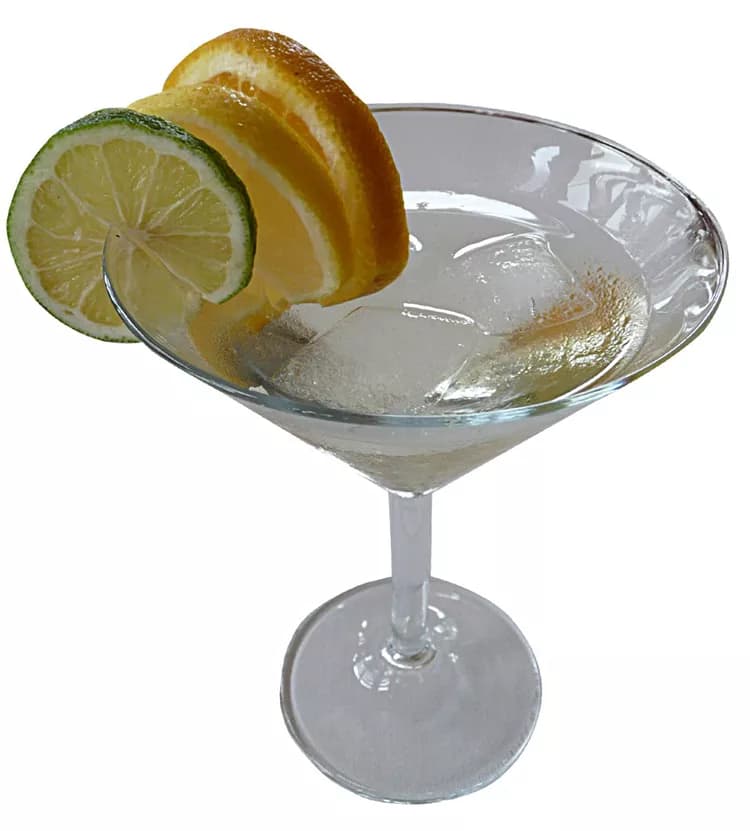
The Consequences of Binge Drinking: The Effects After Just One Episode
Binge drinking is the excessive or heavy consumption of alcoholic beverages in a short time span. Binge drinking leads to alcohol intoxication. The National Institute on Alcohol Abuse and Alcoholism has defined binge drinking as the pattern of drinking that brings blood alcohol concentration (BAC) levels to 0.08 g/dL. This typically occurs after 4 drinks for women and 5 drinks for men—in about 2 hours. The Substance Abuse and Mental Health Services Administration defines binge drinking as drinking 5 or more alcoholic drinks on the same occasion on at least 1 day in the past 30 days.
Binge drinking is a common problem among adolescents. The Centers for Disease Control and Prevention published a review article in the journal Advances in Nutrition in 2013 that studied the incidence of binge drinking among women and high school girls. The research concluded that binge drinking was common among women, and these drinking episodes were frequent, leading to a risk of alcohol-related health issues.
Excessive consumption of alcohol is associated with many negative long-term health effects such as cardiovascular disease, obesity, liver diseases, nerve damage, drain damage, ulcers, cancer of the mouth and throat, psychological problems, and gastrointestinal disorders.
- A study published in Addiction Biology in 2015, studied the decision making capacity of binge drinkers and found that the ability to make decisions based on future results is considerably impaired in binge drinkers.
- Another study published in Addiction Behaviours in 2015 revealed that binge drinking can increase the risk of suicidal thoughts, plans, and attempts in males and females who not have episodes of major depression.
- One night of binge drinking can have worse effects than just a hangover headache. The University of Massachusetts Medical School led a study on the effects of a single episode of binge drinking. This study was published in PLoS One in 2014 and found that one episode of binge drinking can release toxins in the bloodstream. One of the study’s authors, Dr. Szabo, stated that “We found that a single alcohol binge can elicit an immune response, potentially impacting the health of an otherwise healthy individual, our observations suggest that an alcohol binge is more dangerous than previously thought.”
A single episode of binge drinking may seem minor and insignificant for your long-term health, but it can have detrimental effects on the body and increase the risk of stroke or heart attack.
- A study published in Hypertension in 1999 by the American Heart Association studied the effects of binge drinking on blood pressure and found that there can be rapid changes in blood pressure, which significantly increases the risk of stroke or heart attack. During the hours of intoxication, both the systolic and diastolic blood pressure was much higher than normal levels and the heart beat was also much faster. While the blood alcohol levels decrease, there is a considerable drop in blood pressure below the normal level. Binge drinking episodes are also oftentimes accompanied by food consumption, thereby leading to an increase in energy intake.
Public awareness must be raised about the harmful effects of frequent binge drinking episodes to help protect adolescents in the future. The American Dietary Guidelines, published in 2005, allows the moderate consumption of alcohol, which is considered to be 1 drink per day for women and up to 2 for men. Alcoholic beverages should not be consumed by women of child bearing age, pregnant women, and those individuals with certain medical conditions. People who engage in activities that require attention, skill, and coordination must also avoid alcohol to prevent negative side effects.
References:
Drinking Levels Defined. Retrieved from http://www.niaaa.nih.gov/alcohol-health/overview-alcohol-consumption/moderate-binge-drinking
McGuire, S. (2013). Centers for Disease Control and Prevention. 2013. Vital Signs: Binge Drinking Among Women and High School Girls-United States, 2011. Advances in Nutrition, 4, pp. 313-314. http://advances.nutrition.org/content/4/3/313.full?sid=8436bc3f-bd12-4cf1-9789-63fcd89ec66d
Banca, P., Lange, I., Worbe, Y., Howell, N.A., Irvine, M., Harrison, N.A., Moutoussis, M., & Voon, V. (2015). Reflection Impulsivity in Binge Drinking: Behavioural and Volumetric Correlates. Addiction Biology. Retrieved from http://europepmc.org/abstract/MED/25678093
Banca, et.al. (2015). Reflection impulsivity in binge drinking: behavioural and volumetric correlates. Addiction Biology
Glasheen, C., Pemberton, M.R., Lipari, R., Copello, E.A., & Mattson, M.E. (2015). Binge drinking and the risk of suicidal thoughts, plans, and attempts. Addictive Behaviours, 43:42-49. Retrieved from http://europepmc.org/abstract/MED/25553510
Miller, A. (2013 Oct). New Insights on College Drinking. Retrieved from http://www.apa.org/monitor/2013/10/college-drinking.aspx
Fessenden, J. (2014 May 15). Single episode of binge drinking adversely affects health. Retrieved from http://www.umassmed.edu/news/news-archives/2014/05/single-episode-of-binge-drinking-adversely-affects-health/
Seppa, K. & Sillanaukee, P. (1999). Binge Drinking and Ambulatory Blood Pressure. Hypertension, 33, pp. 79-82. Retrieved from http://hyper.ahajournals.org/content/33/1/79.full
The Truth About Alcohol. Retrieved from http://www.drugfreeworld.org/drugfacts/alcohol/short-term-long-term-effects.html
Chapter 9 Alcholic Beverages. Dietary Guidelines for Americans 2005. Retrieved from http://www.health.gov/dietaryguidelines/dga2005/document/html/chapter9.htm
Bala, S., Marcos, M., Gattu, A., Catalano, D., Szabo, G. (2014). Acute Binge Drinking Increases Serum Endotoxin and Bacterial DNA Levels in Healthy Individuals. PLoS One, 9(5). Retrieved from http://journals.plos.org/plosone/article?id=10.1371/journal.pone.0096864
Related Articles
Test Your Knowledge
Asked by users
Related Centers
Related Specialties
Related Physicians
Related Procedures
Related Resources
Join DoveHubs
and connect with fellow professionals

0 Comments
Please log in to post a comment.